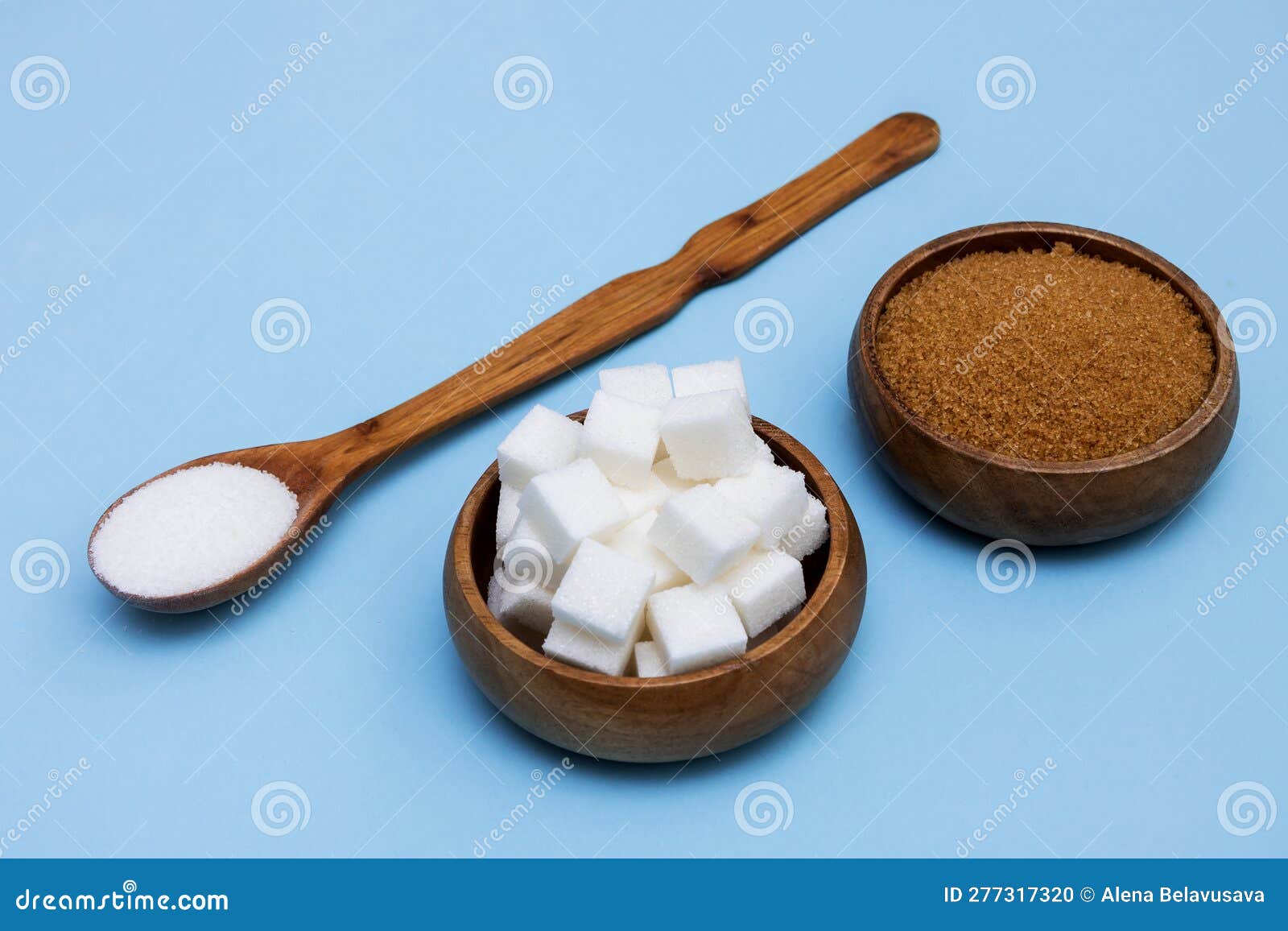The Great Dispute: Beet Sugar Vs Walking Cane and Their Influence on Health And Wellness
The continuous debate bordering beet sugar and walking cane sugar raises crucial inquiries regarding their particular wellness impacts and broader effects for customer selections. This conversation invites us to consider not simply the sweetness we choose, but the far-ranging impacts of those choices on our health and wellness and the world.
Introduction of Sugar Sources
Sugar, a commonly consumed sugar, mainly originates from two main resources: sugar beetroots and sugar cane. These crops are grown in various areas around the world, each adding to the global sugar supply in distinct methods. Sugar cane prospers in tropical and subtropical environments, with major producers consisting of Brazil, India, and China. The plant is gathered for its stalks, which are after that refined to extract juice and crystallize sugar.
On the other hand, sugar beets are primarily expanded in warm regions, with significant manufacturing in nations such as the United States, France, and Germany. The beetroots are gathered from the ground, cut, and subjected to a process that transforms the extracted juice into granulated sugar. While both sugar resources eventually produce sucrose, their agricultural practices, refining approaches, and geographic distributions differ significantly.
These distinctions can influence not only the environmental influence of sugar manufacturing but additionally the financial facets of sugar prices and trade. Recognizing the beginnings of these sugar is essential for customers and policymakers alike, as it lays the foundation for notified discussions concerning their wellness ramifications and sustainability.
Nutritional Contrast
When taking a look at the nutritional profiles of beet sugar and walking stick sugar, both sources share a similar structure as they primarily contain sucrose. Sucrose is a disaccharide, made up of glucose and fructose, and is accountable for the sweet taste connected with both sugars. The refining processes for both beetroot and walking stick sugar yield products that are predominantly pure sucrose, with minimal traces of vitamins, minerals, or various other nutrients.
In terms of calorie web content, both beet and walking cane sugars give roughly 4 calories per gram. Neither sort of sugar offers significant dietary advantages beyond power provision, as they lack important vitamins or minerals. Nevertheless, the visibility of micronutrient, such as calcium, magnesium, and potassium, can differ a little in between the 2, mostly due to the farming techniques and soil conditions in which they are grown.
In addition, the glycemic index worths of beetroot sugar and cane sugar are equivalent, indicating similar impacts on blood sugar degrees. Overall, from a dietary standpoint, beet and walking stick sugars are functionally comparable, adding largely to caloric intake without offering significant wellness benefits over one another.
Wellness Effects
The health and wellness effects of consuming beetroot sugar and walking cane sugar warrant careful consideration, especially provided the increasing frequency of sugar-related health and wellness issues. Both sorts of sugar contribute comparable caloric worths and can lead to enhanced dangers of weight problems, kind 2 diabetes, and cardiovascular conditions when consumed over. The body sugars both metabolizes into sugar, which can trigger spikes in blood sugar level levels, bring about insulin resistance gradually.
While there is recurring dispute pertaining to the glycemic view it now index of these sugars, researches suggest that both can negatively affect metabolic health and wellness if eaten in big quantities. beet sugar vs cane. Additionally, the potential existence of contaminants in beetroot sugar, such as pesticides from conventional farming practices, increases further health concerns. On the other hand, walking stick sugar, especially when minimally refined, might use a somewhat more favorable account because of its all-natural state
Additionally, the intake of added sugars, no matter the resource, is connected to damaging health and wellness end results, including dental concerns and fatty liver illness. For that reason, small amounts is crucial, and individuals should bear in mind their complete sugar consumption from all resources, eventually prioritizing whole foods over added sugars for ideal wellness end results.
Ecological Influence
Comprehending the wellness implications of beet and cane sugar likewise leads to an evaluation of their ecological effect, which can considerably influence farming sustainability and environmental equilibrium. Both sugar sources have unique environmental footprints, shaped by their growing practices and geographical needs.

On the other hand, beet sugar is commonly expanded in warm environments and typically entails diverse plant rotations. This technique can improve soil health and reduce dependence on chemical inputs. Nevertheless, extensive beet farming can additionally bring about vitamins and mineral depletion and pest stress otherwise taken care of sustainably.
Both sugar types existing obstacles and possibilities for environmental stewardship. Promoting sustainable farming practices and liable sourcing can reduce their impacts, making certain that sugar manufacturing straightens with ecological conservation and lasting food safety.
Consumer Preferences
Amid growing awareness of health and wellness and ecological concerns, consumer preferences for sugar types are significantly affected by understandings of health benefits, sustainability, and moral sourcing. Beet sugar and walking cane sugar each existing one-of-a-kind qualities that appeal to different consumer demographics.
Health-conscious consumers usually scrutinize the nutritional accounts of these sugars, looking for choices regarded as less refined or more natural. Walking cane sugar, often pertained to as the standard sweetener, is occasionally preferred for its perceived purity and simpleness. In comparison, beet sugar, which is often derived from genetically modified crops, faces hesitation among those worried about GMOs.
Sustainability is another substantial aspect affecting consumer selections. As awareness of agricultural techniques grows, numerous consumers opt for products that line up with ecologically pleasant farming methods. Walking cane sugar manufacturing, especially Get More Info when sourced from sustainable ranches, can appeal to eco-conscious buyers.
Ethical sourcing plays a vital role as well, with consumers significantly favoring products that sustain fair labor methods. Certifications such as Fair Trade can enhance the appearance of walking cane sugar in the marketplace. Inevitably, customer preferences are formed by a complex interplay of health and wellness, ecological, and honest considerations, driving demand for both beetroot and walking cane sugars in varied markets.
Verdict
In conclusion, the dispute between beet sugar and cane sugar includes different elements, including dietary accounts, wellness implications, and ecological effects. beet sugar vs cane. While both sugars primarily are composed of sucrose and display comparable calorie material, worries concerning pesticide usage in beet sugar and the environmental influence of cane sugar monoculture warrant mindful consideration. As customers progressively prioritize sustainability and health and wellness, informed options regarding sugar consumption become essential in promoting general well-being and environmental stewardship

Comments on “Beet Sugar vs Cane: Exploring the Pros and Cons of Each Sweetener”